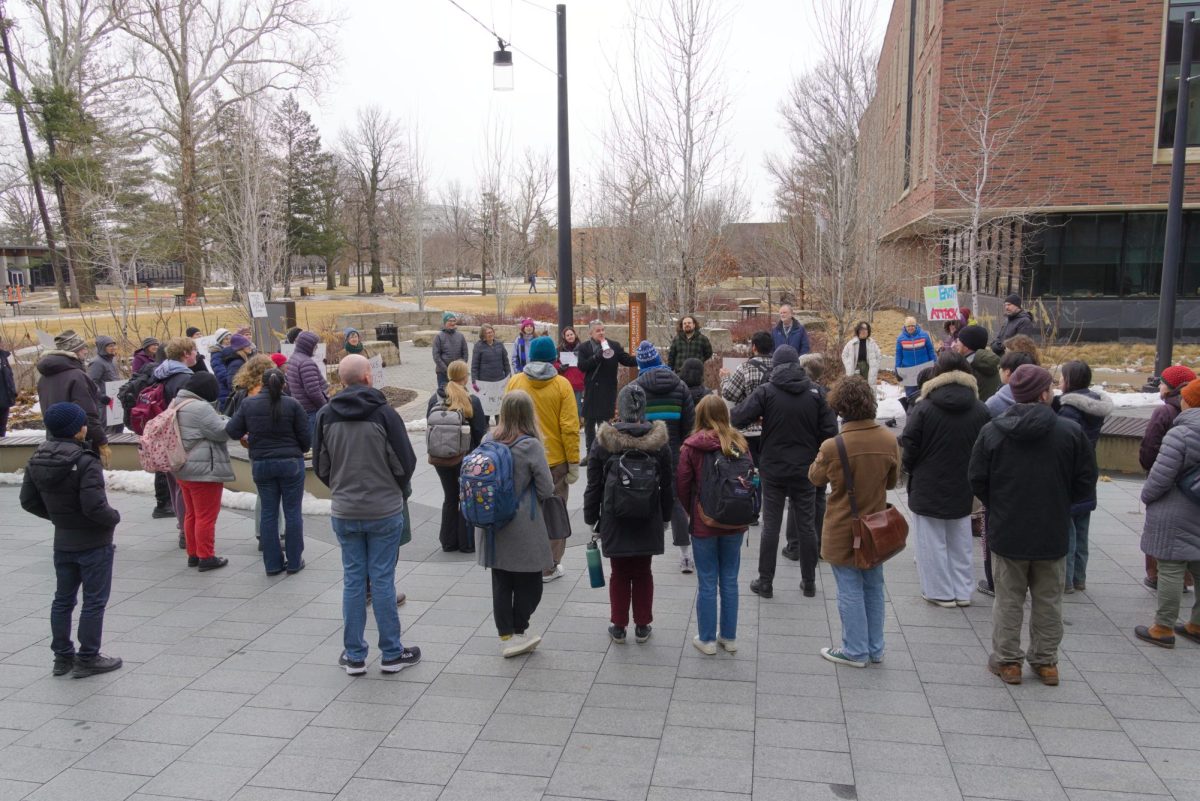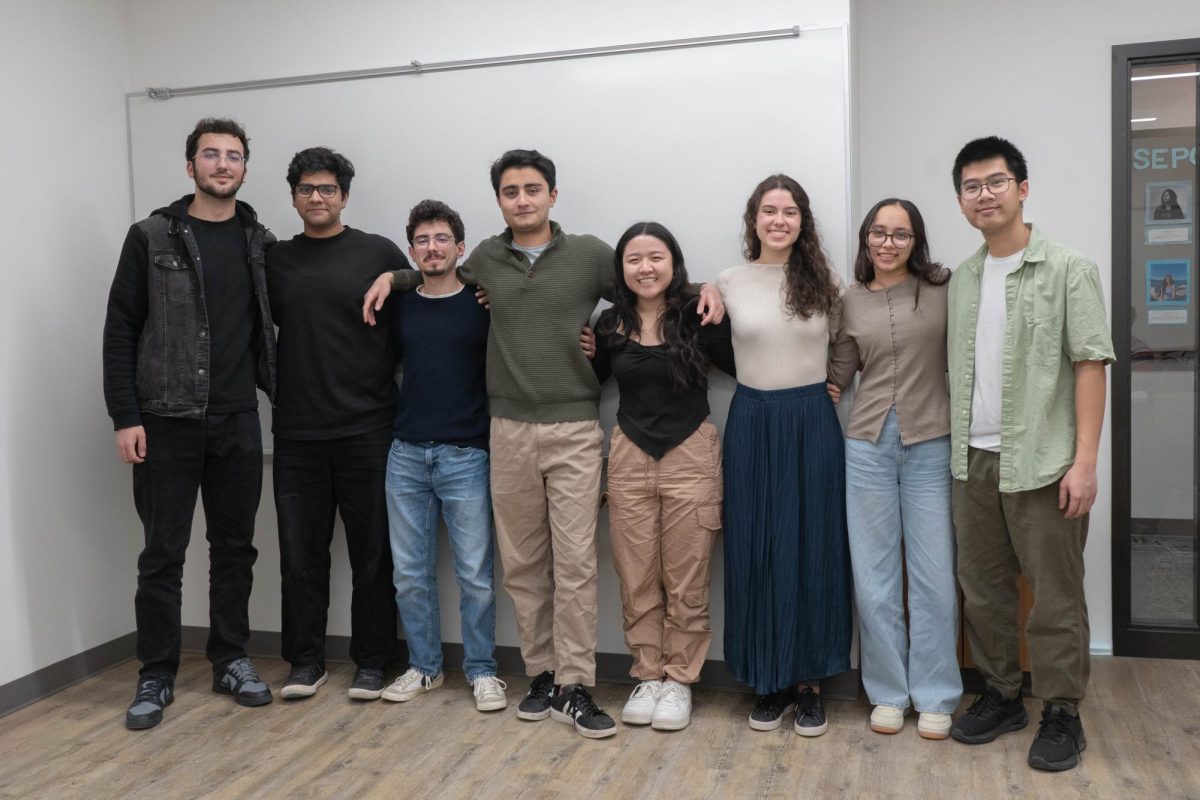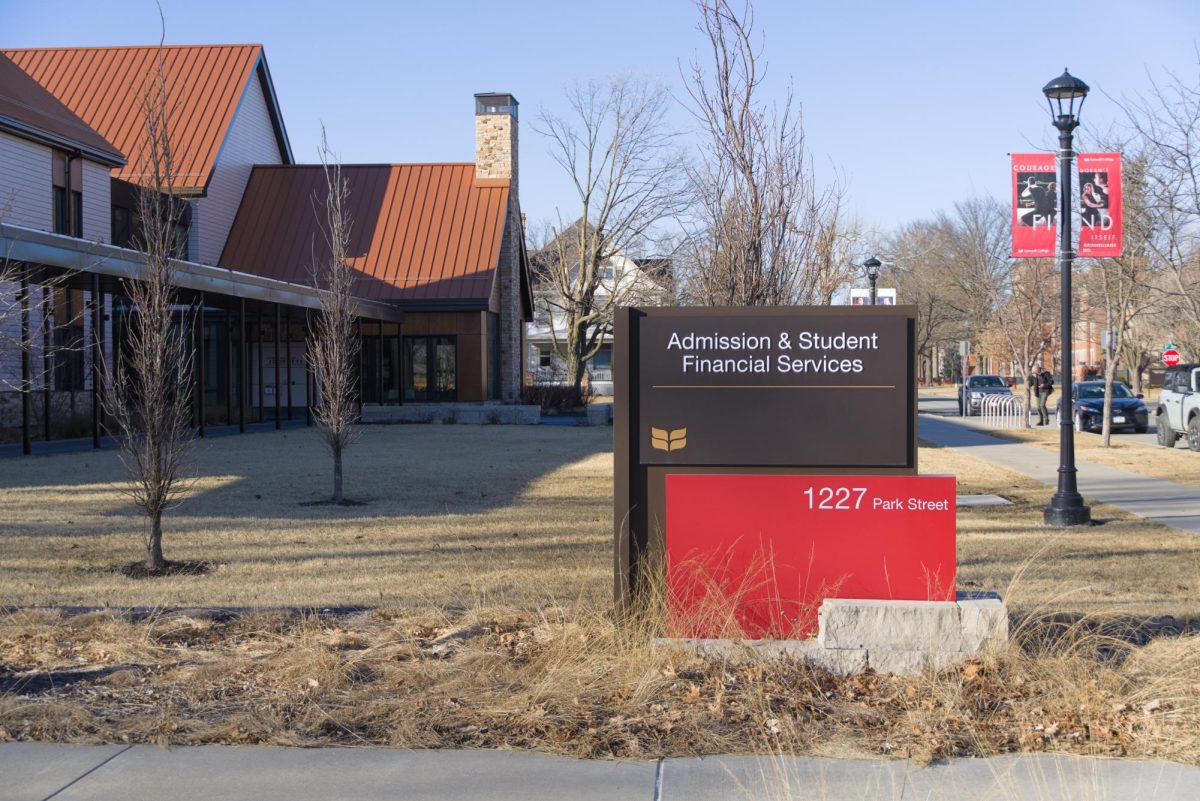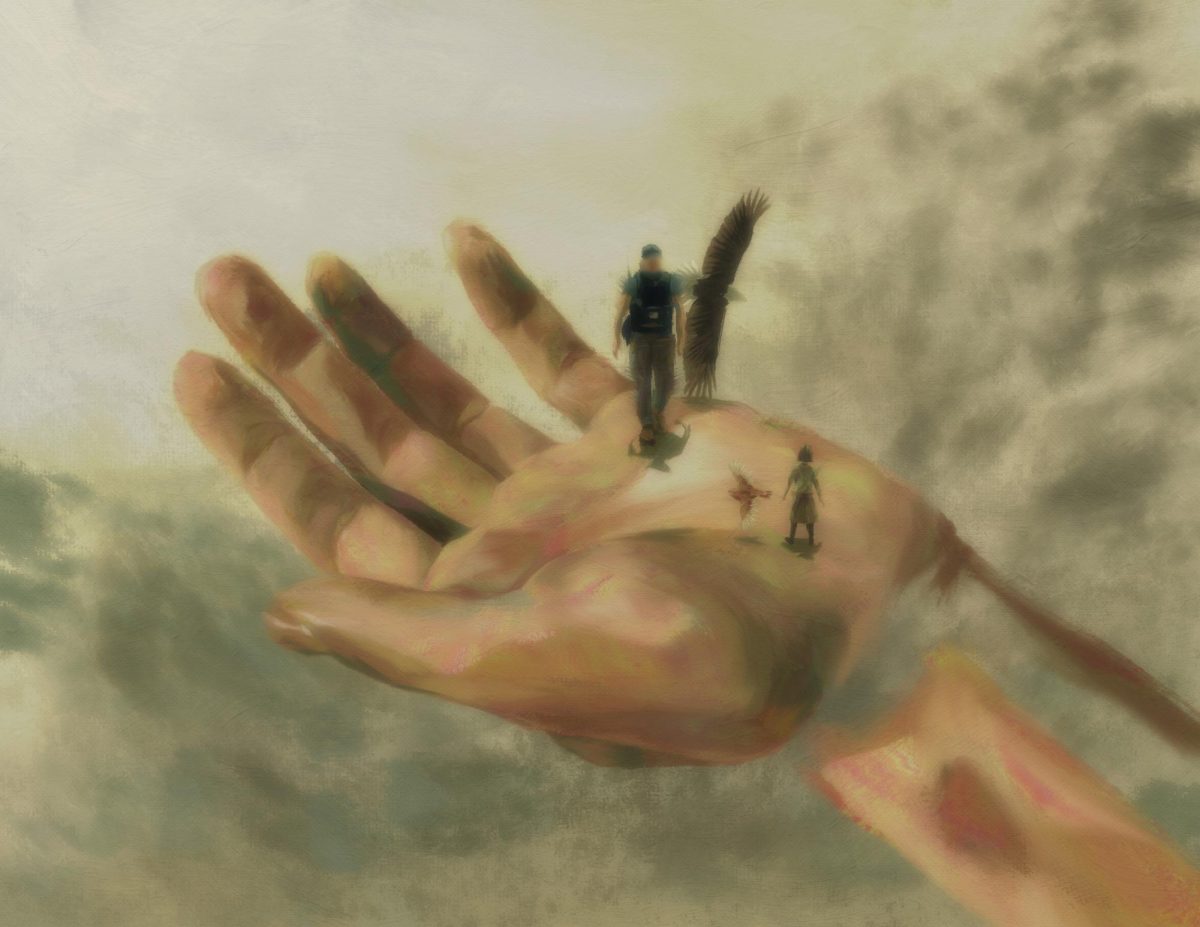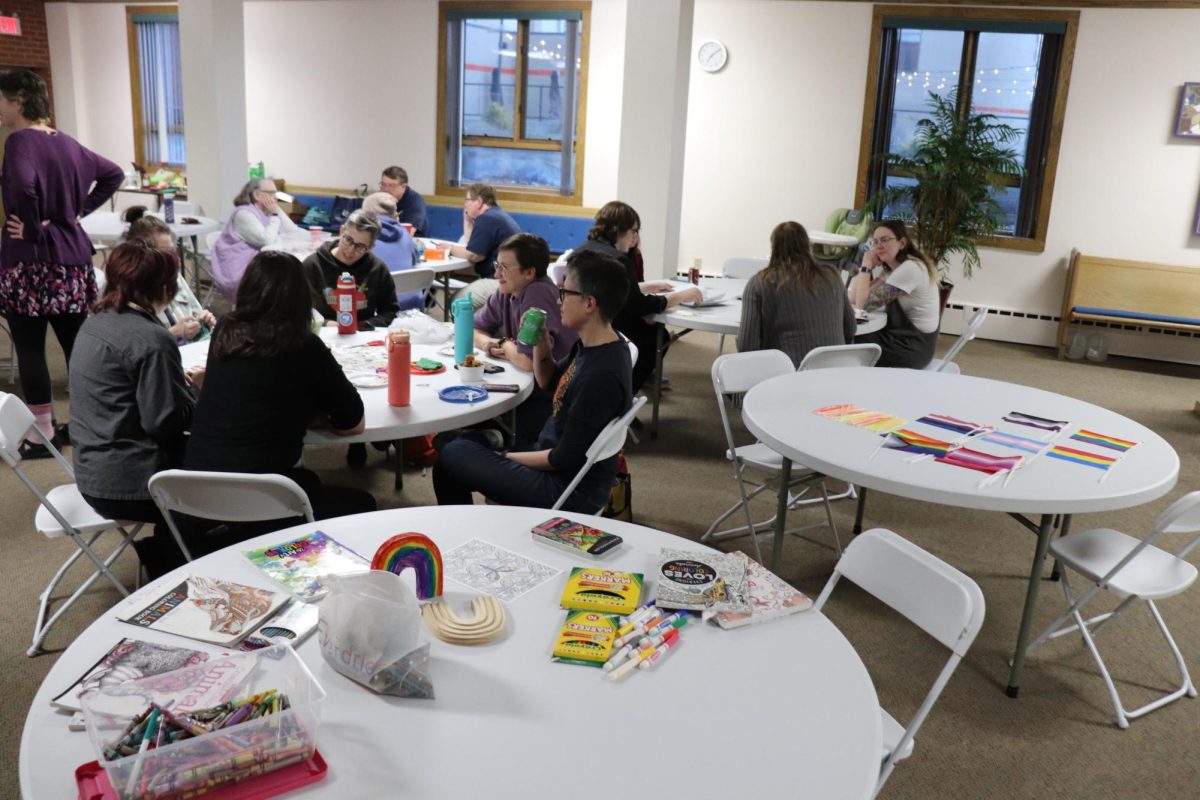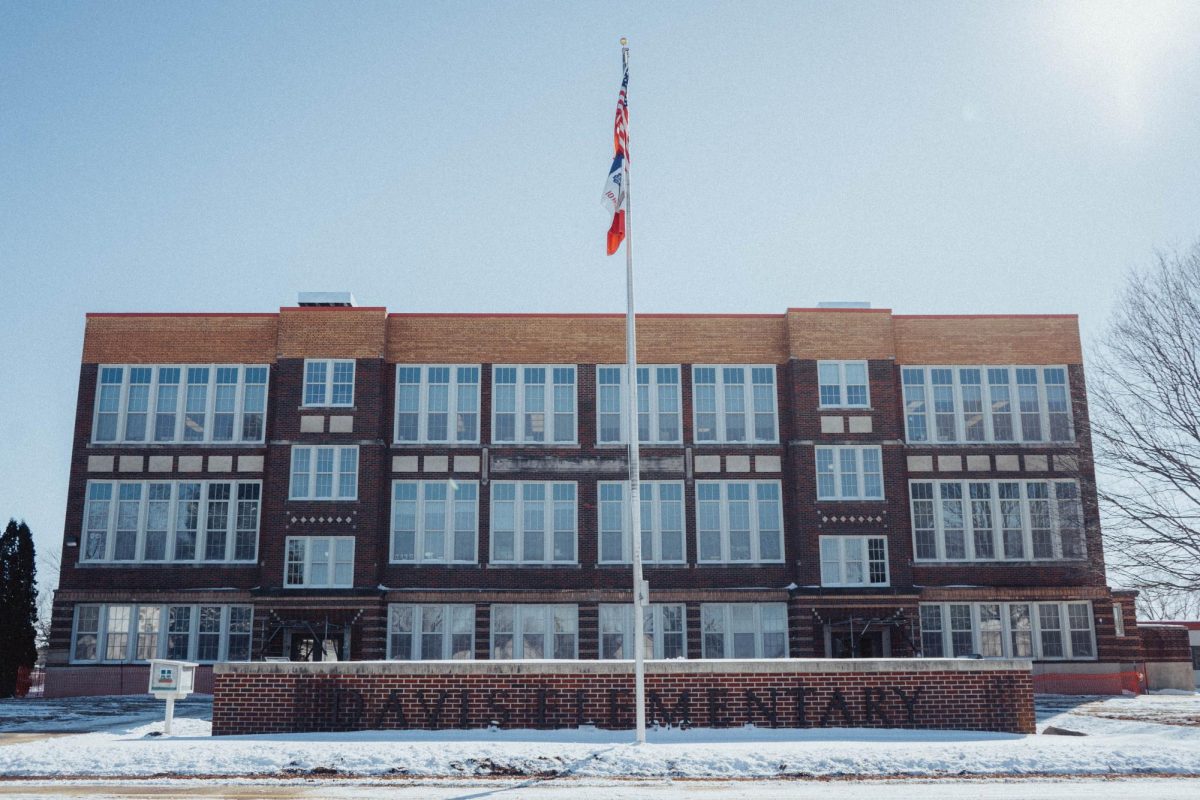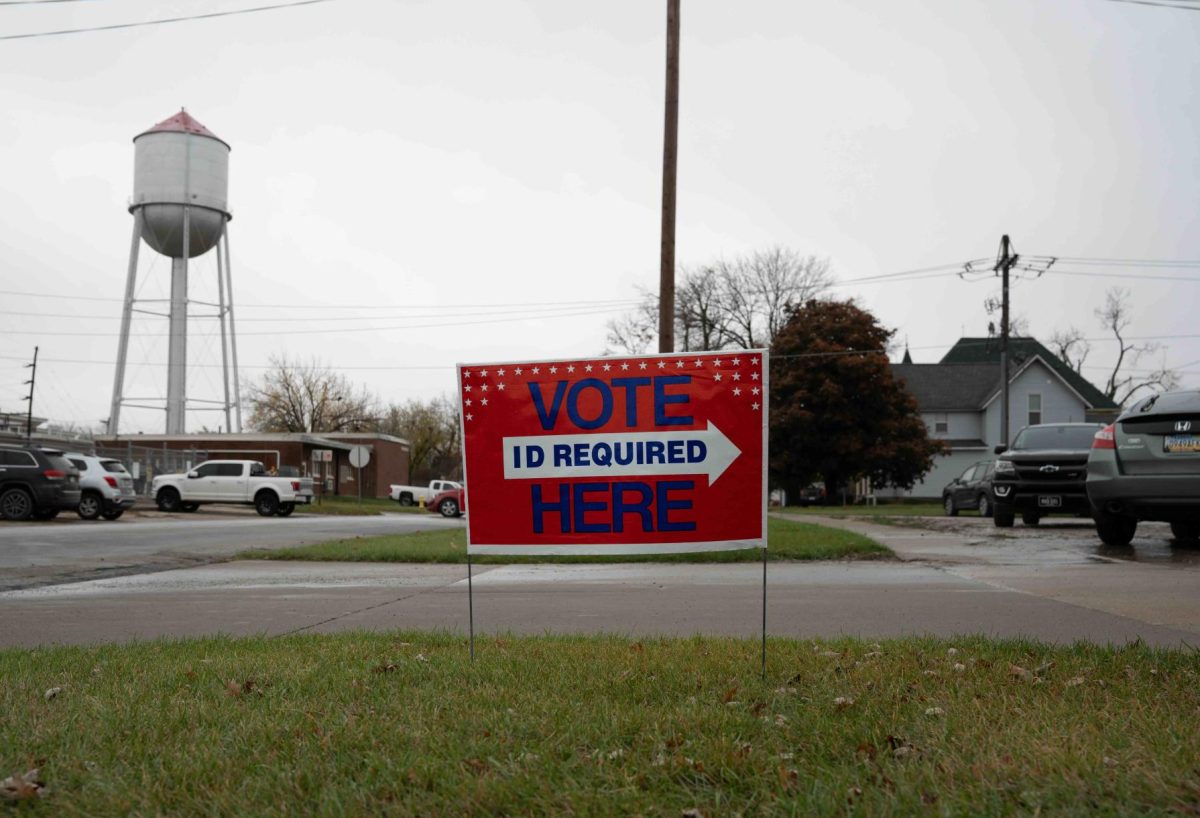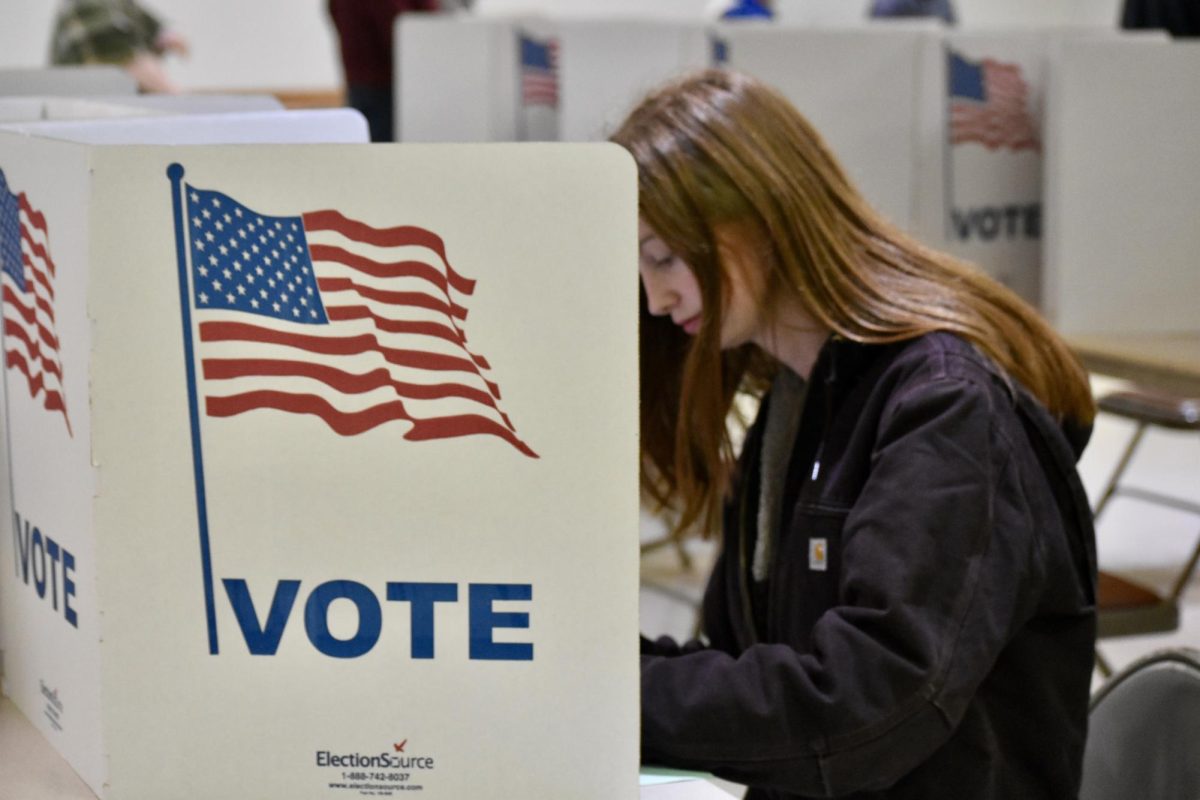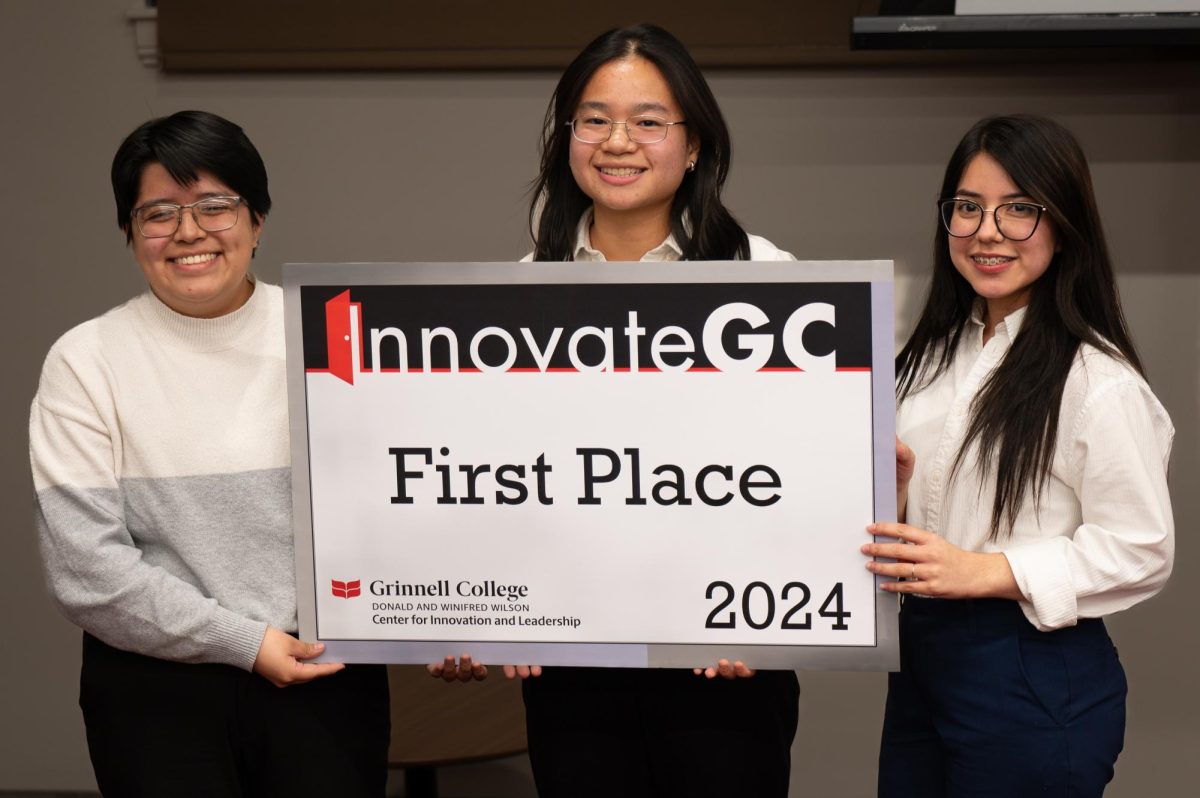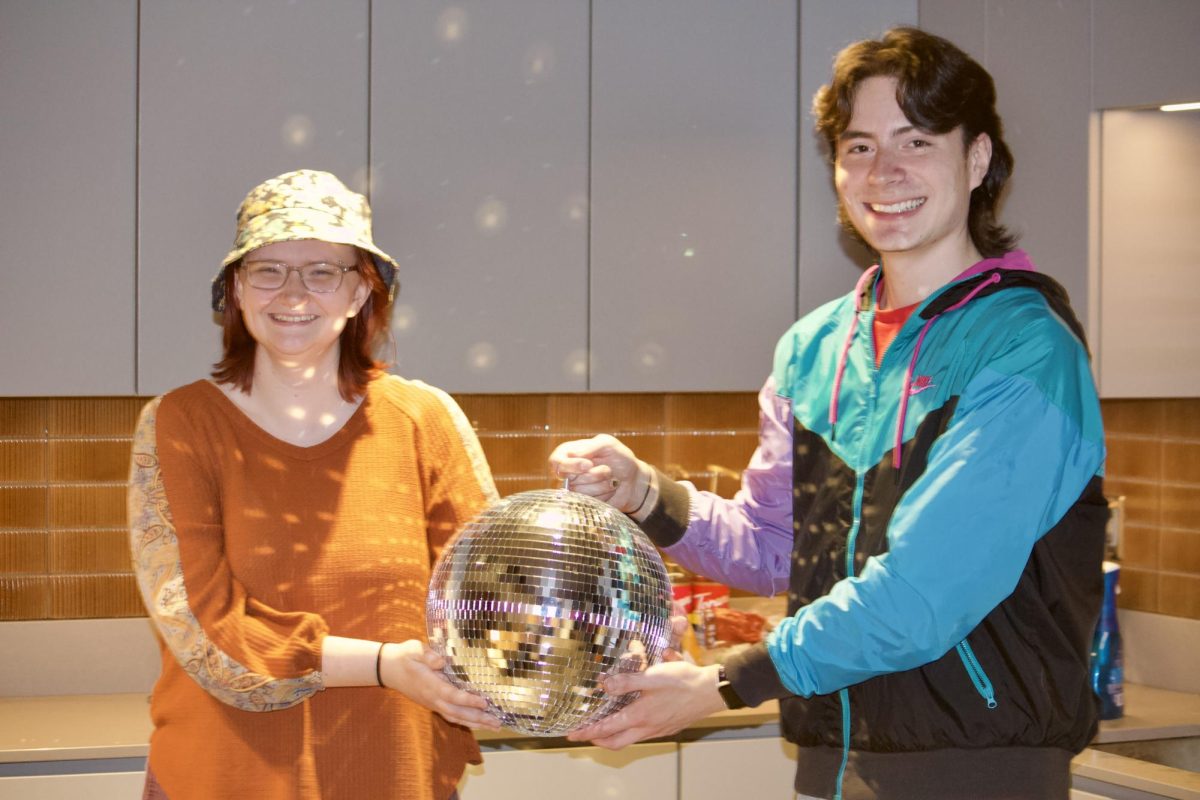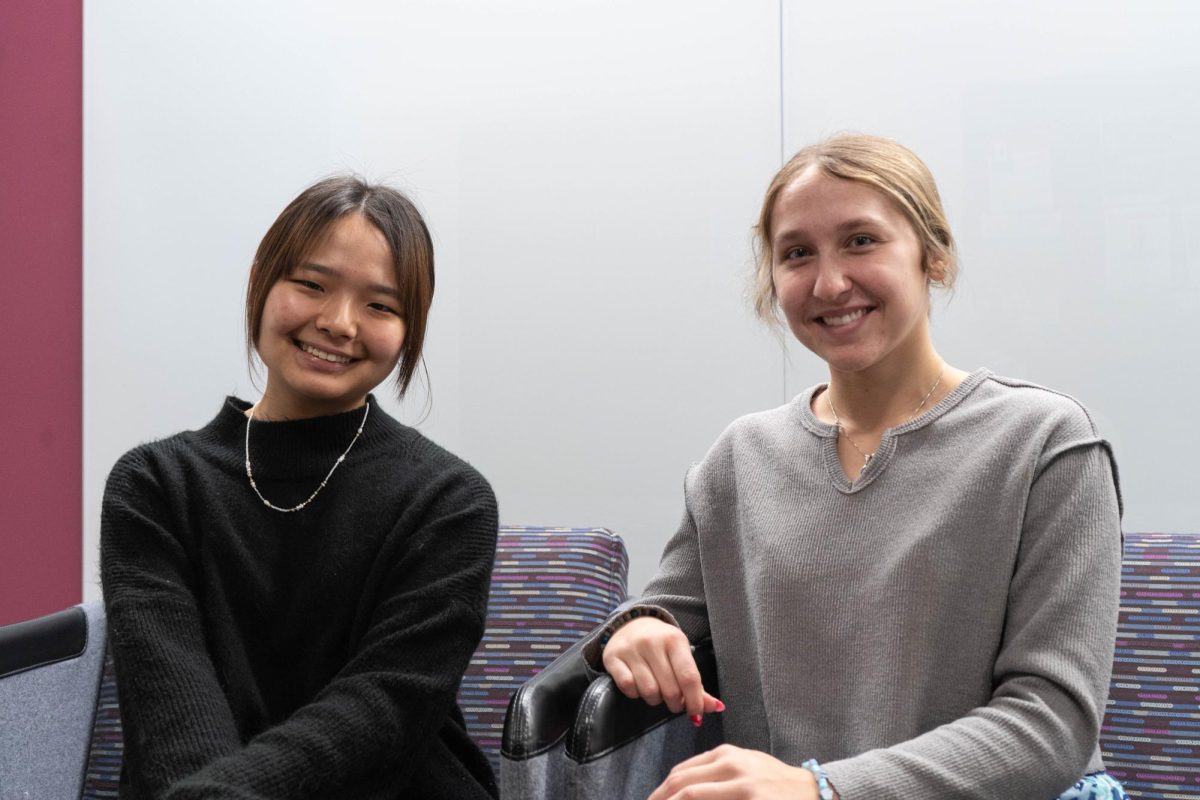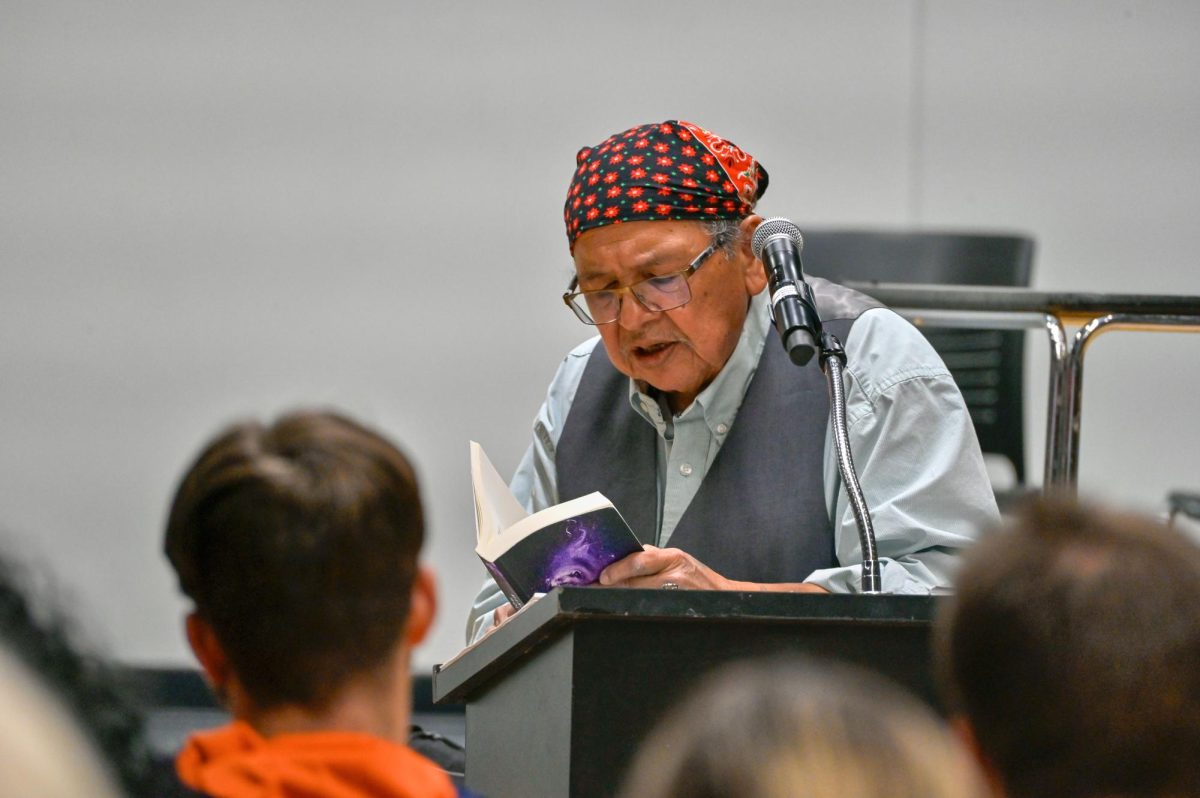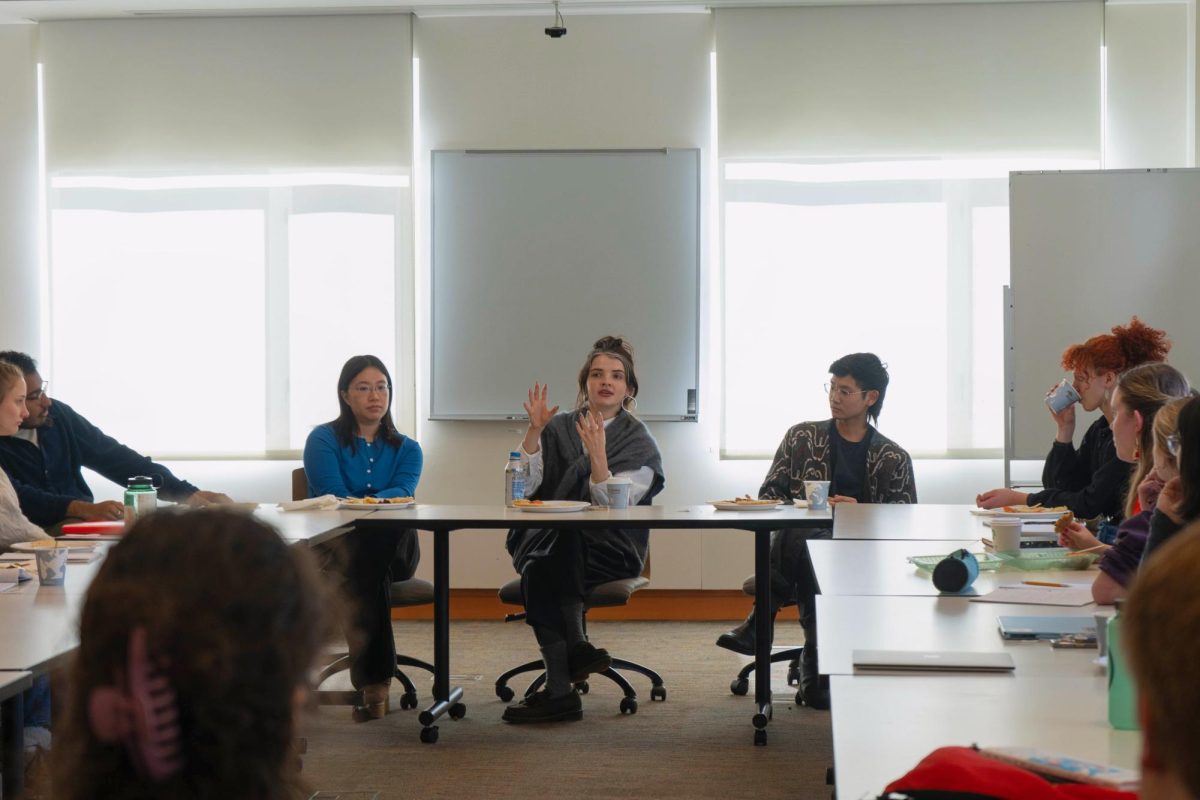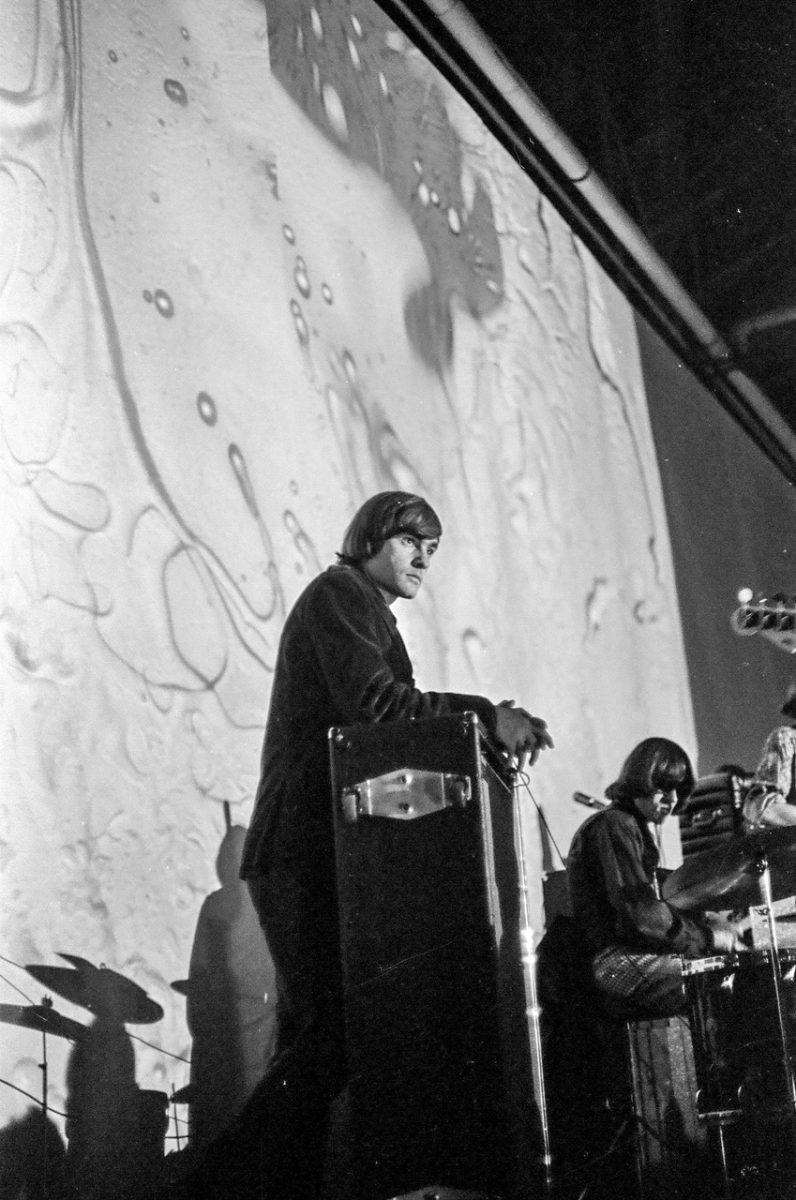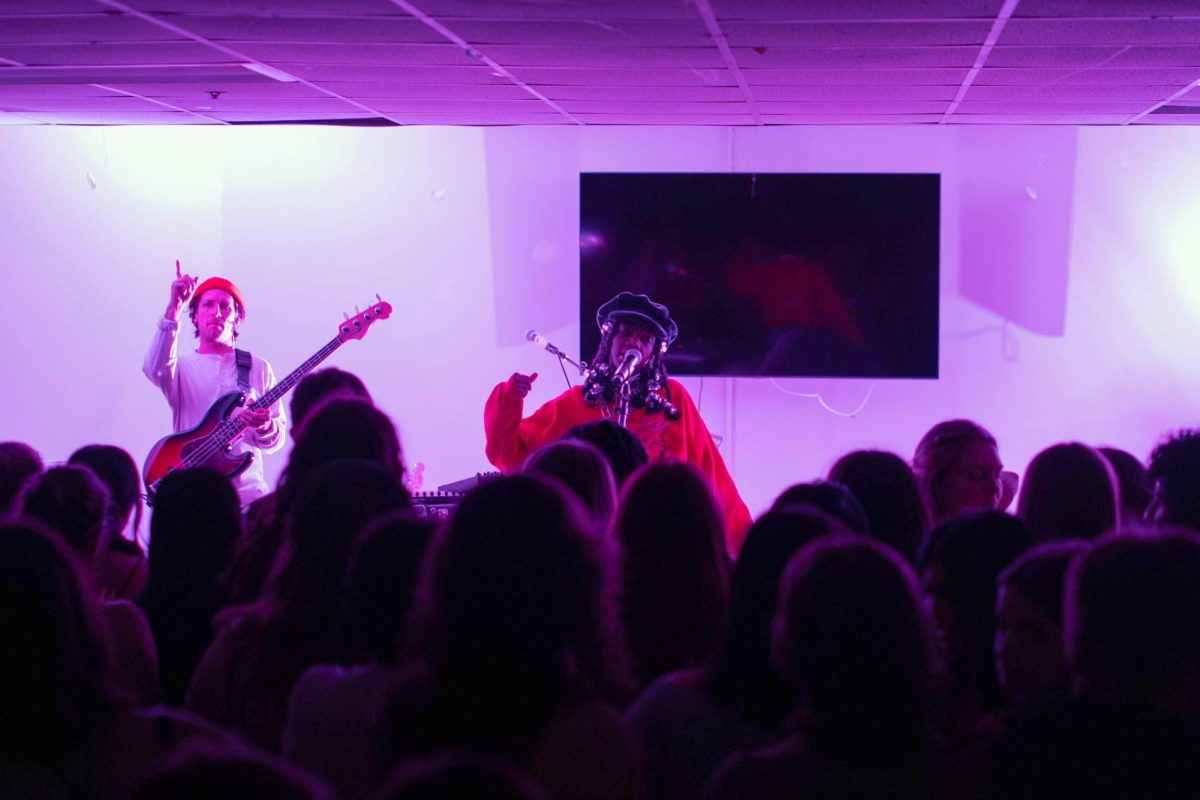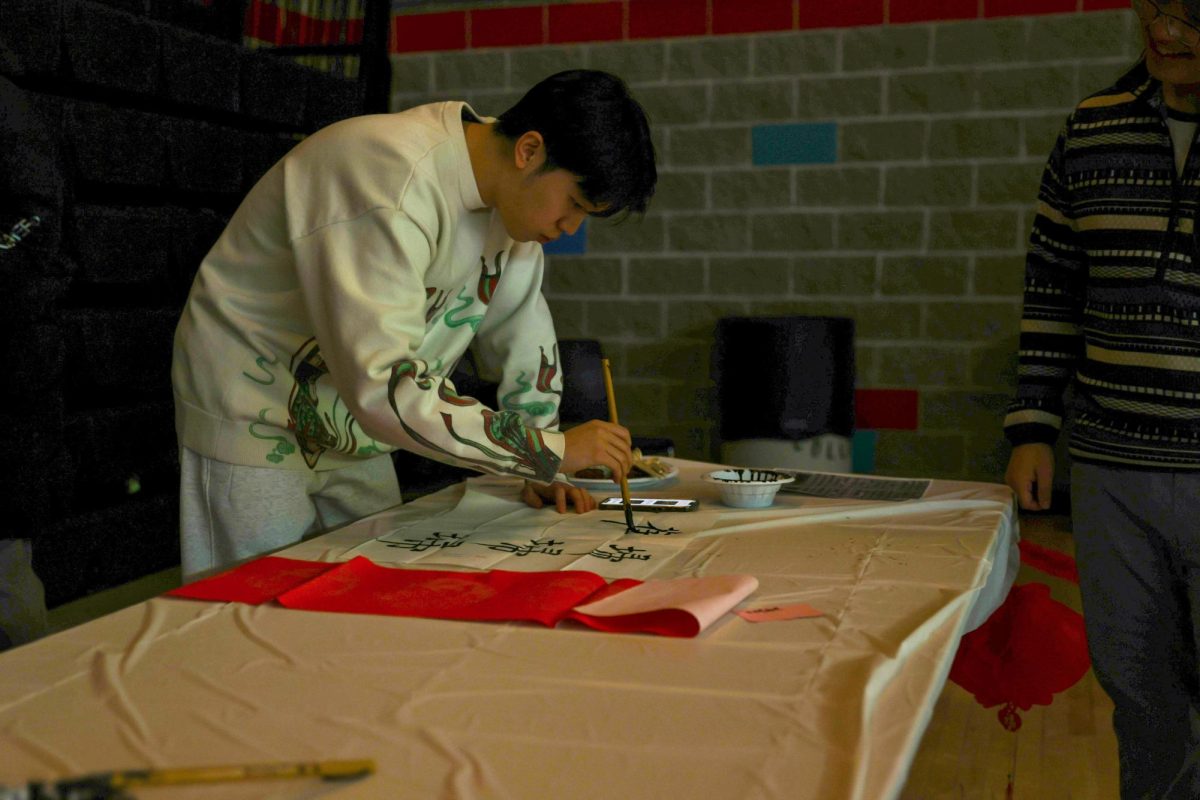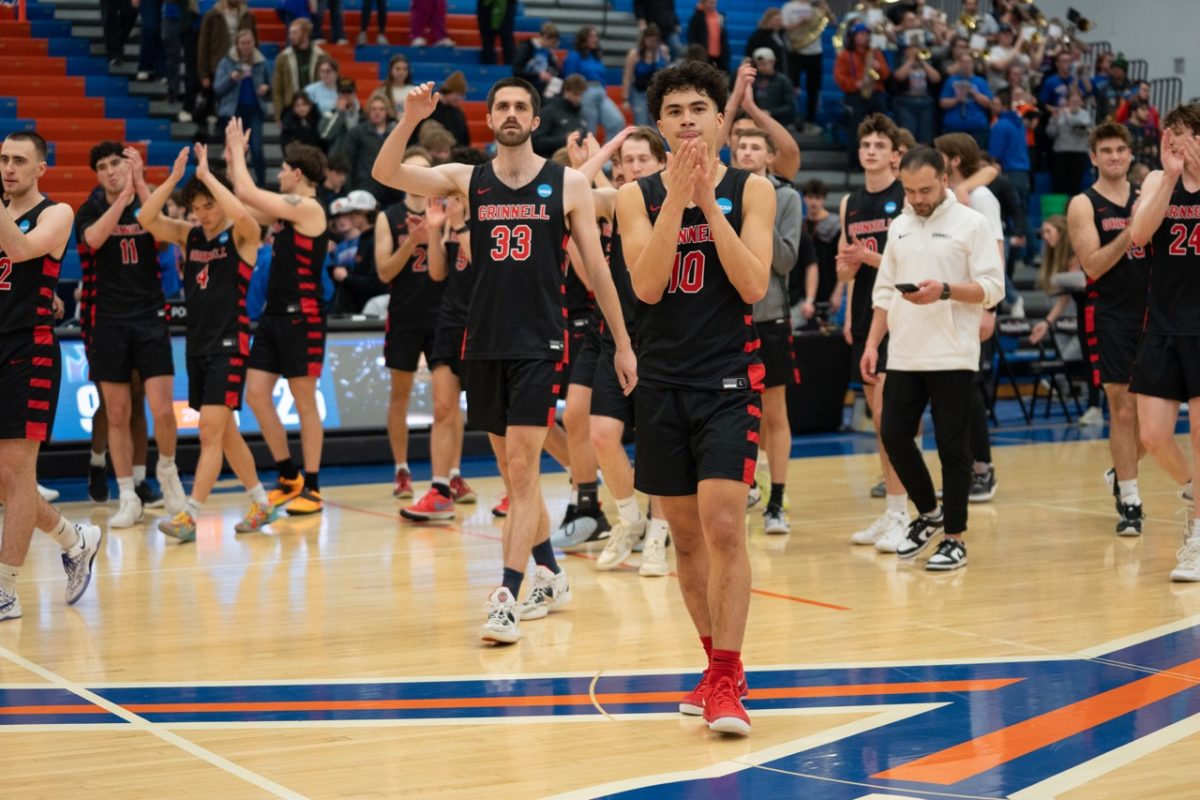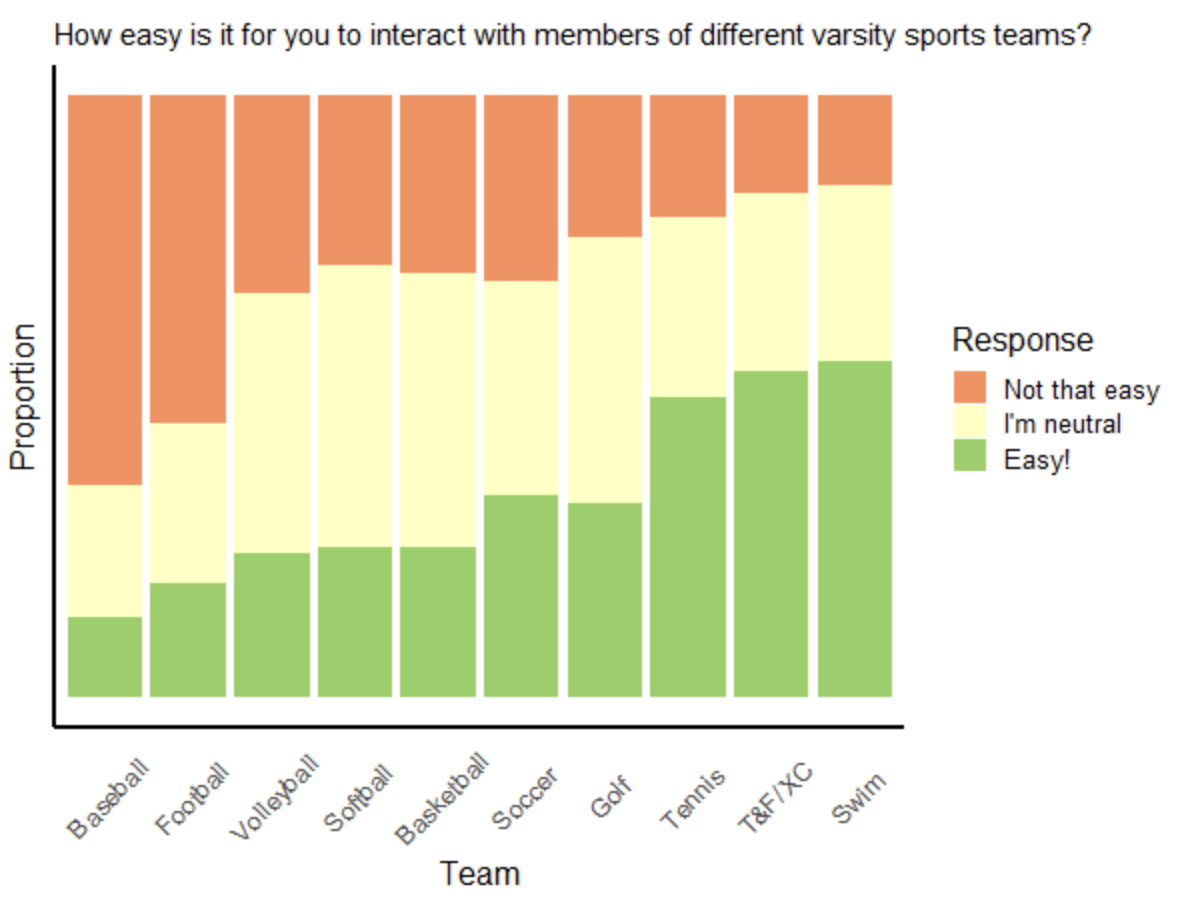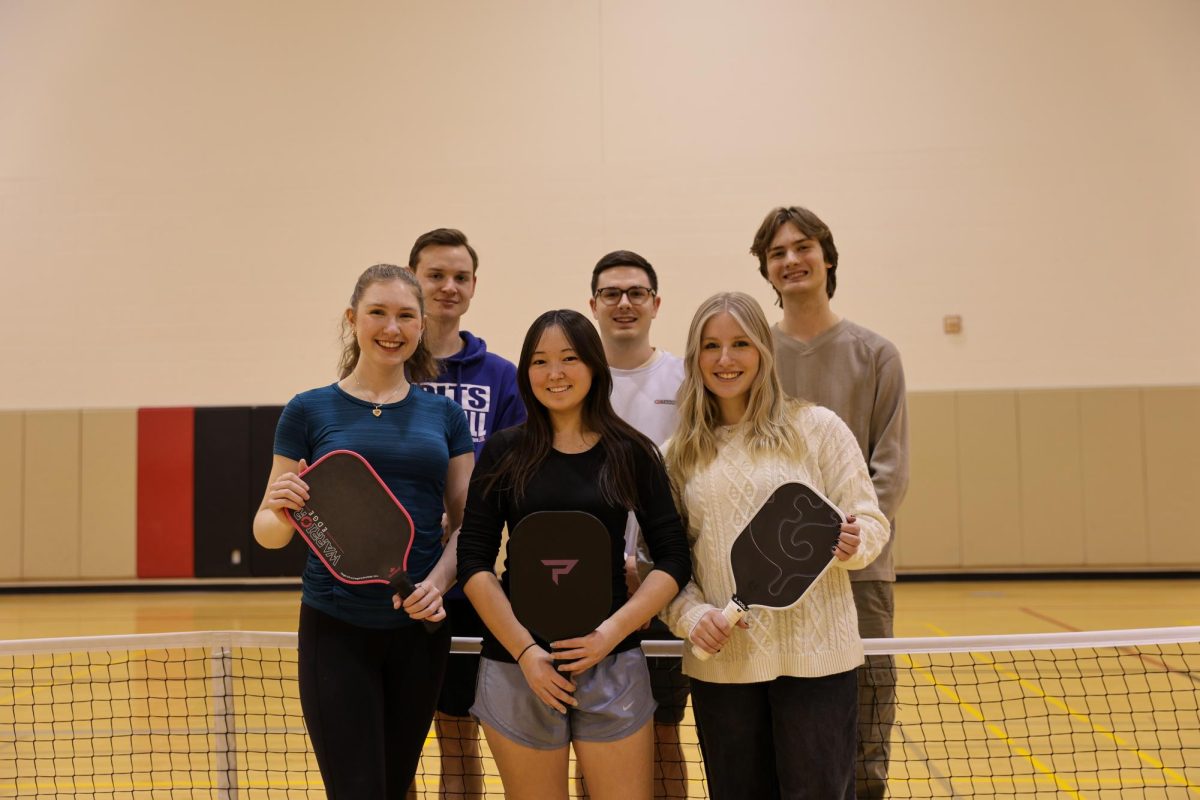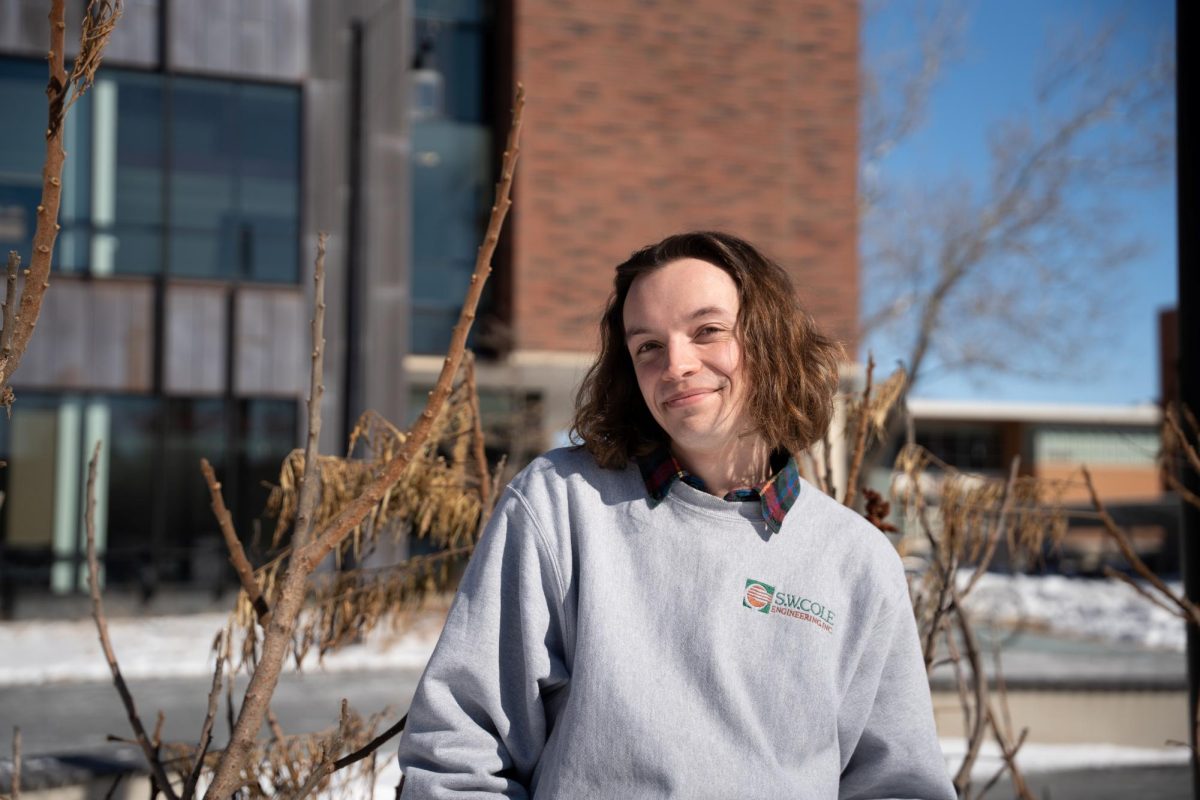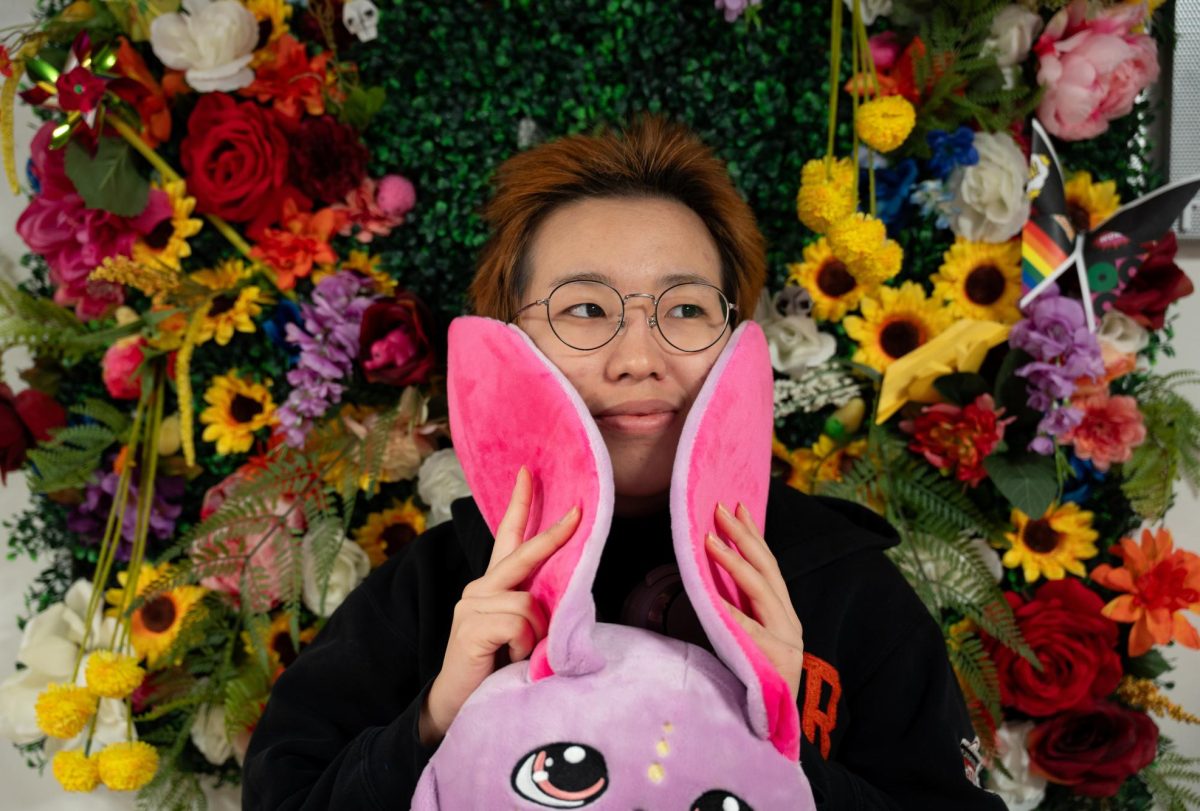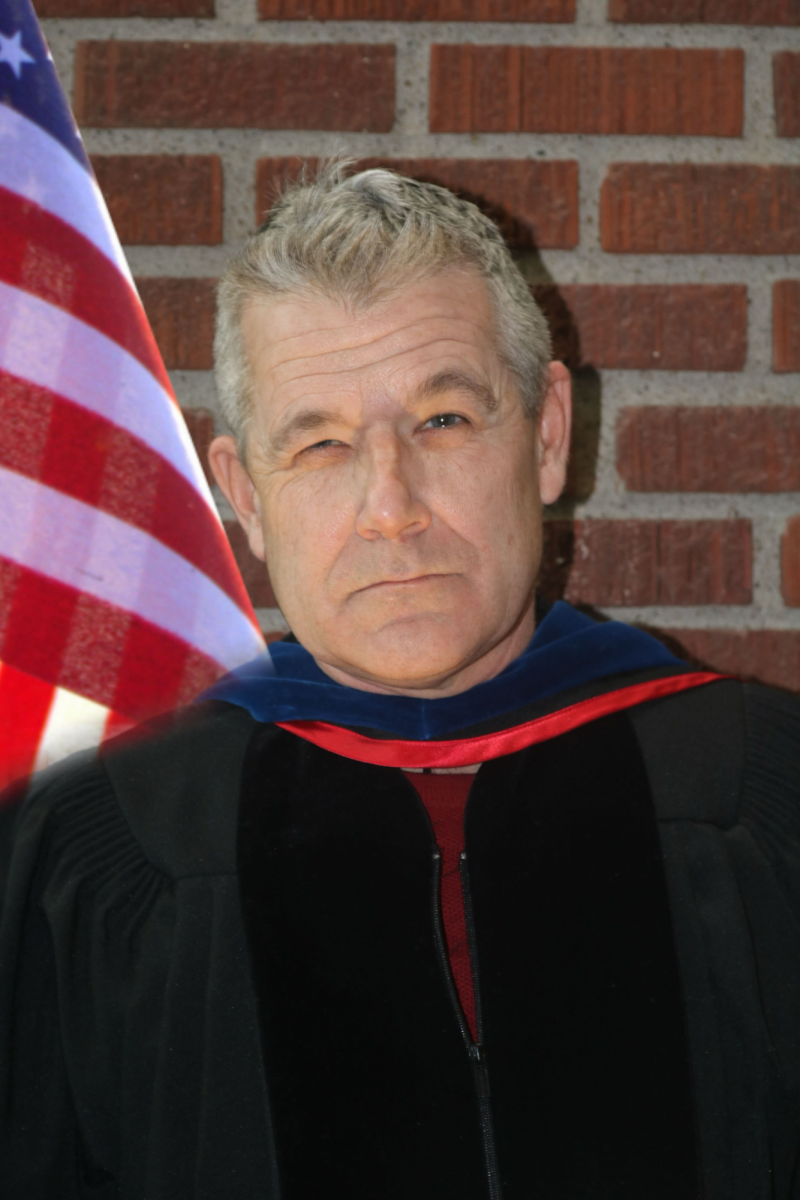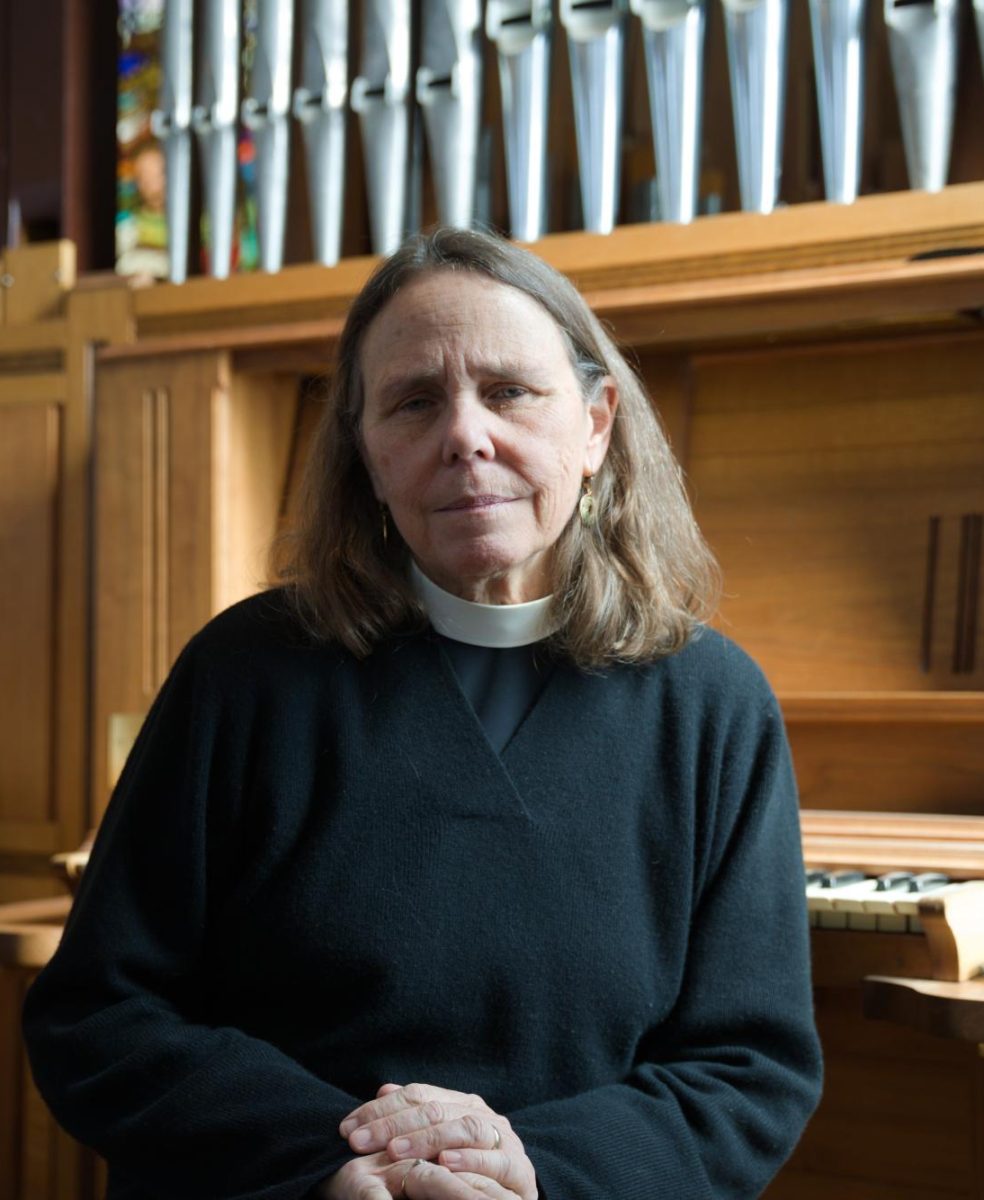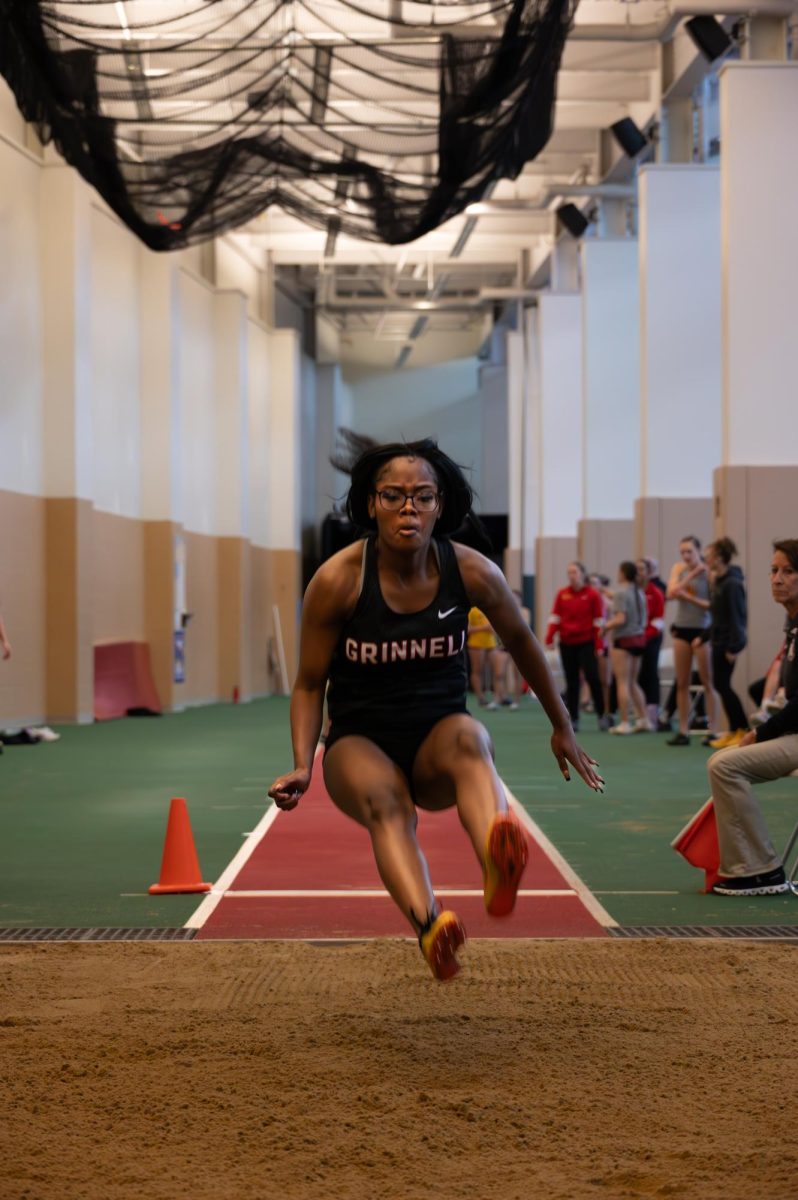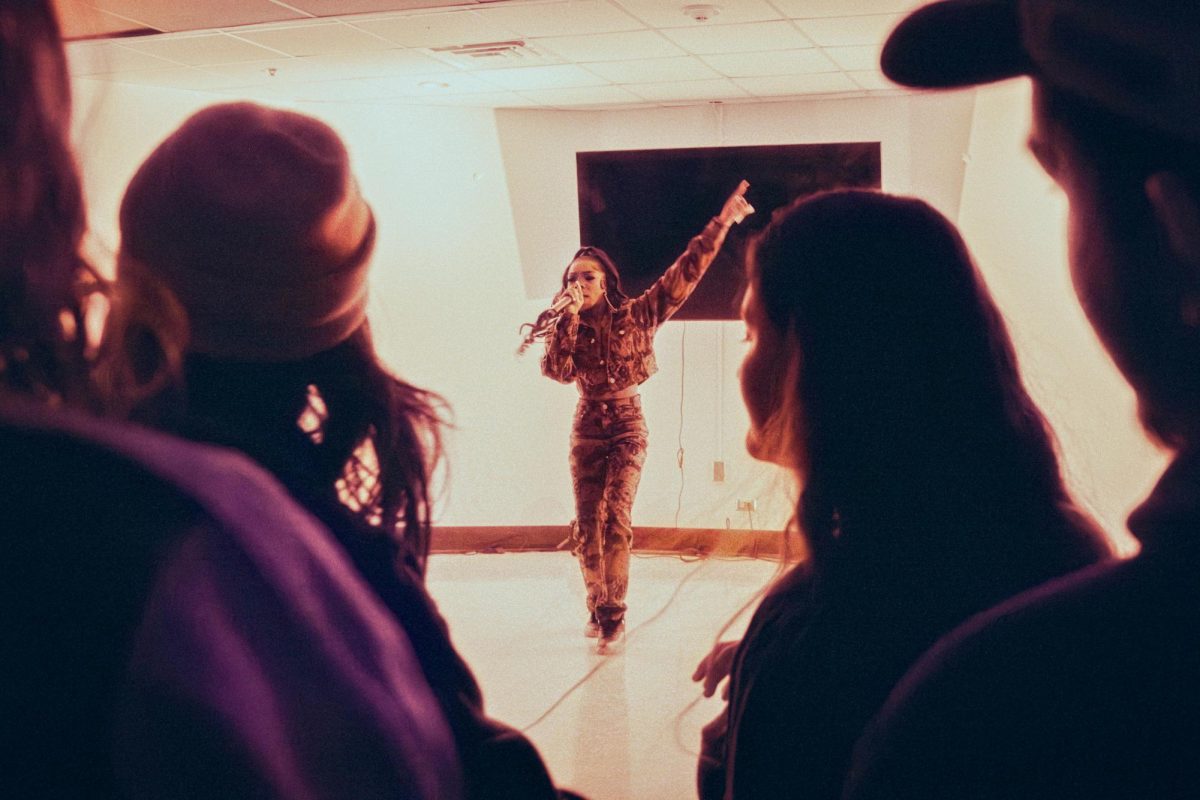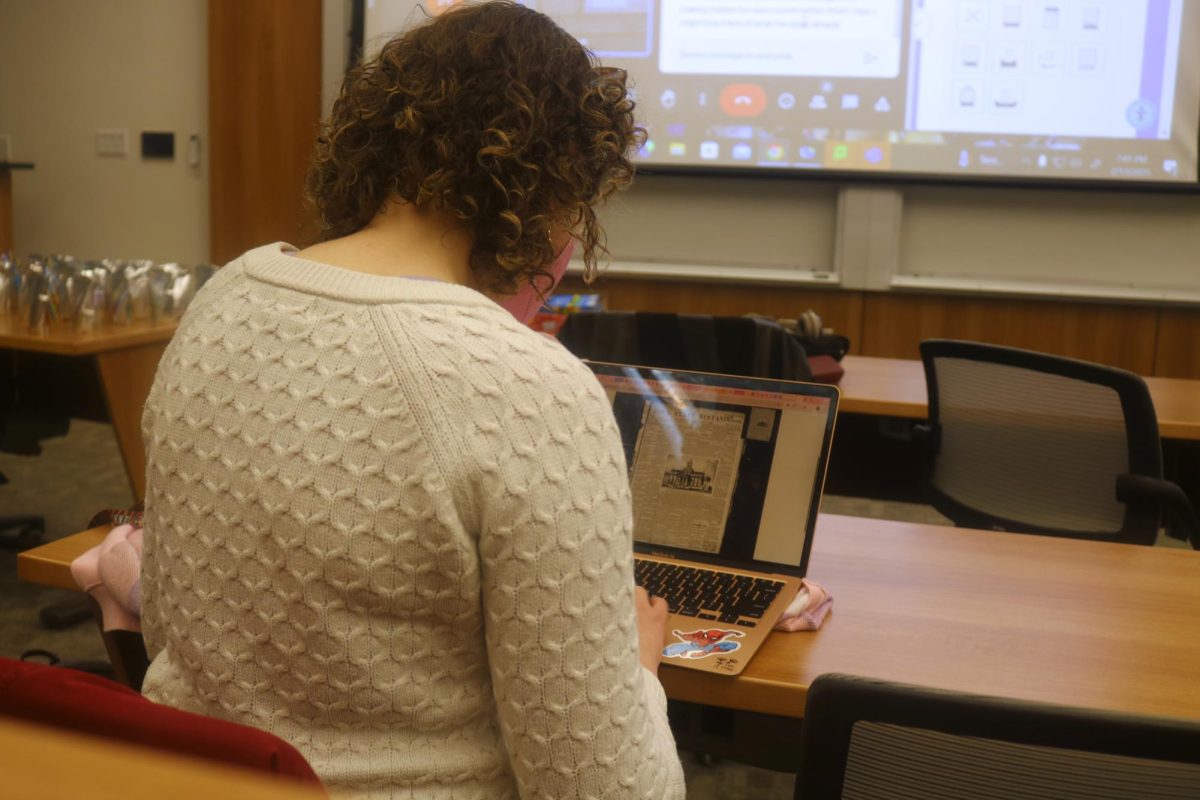The Grinnell-in-London (GIL) program celebrated the completion of 50 years this January. In the time since its creation, the program has sent about 1,550 students to London with Grinnell faculty, according to Grinnell-in-London Director Susie Duke.
Ever since Vic Verrette, professor of French and Doug Caulkins, professor of anthropology, started the program in 1974, an average of 20 students have traveled to London every year, except during the Covid-19 pandemic. About 150 students have participated in the last decade. Duke said that GIL is the only off-campus study program in which the College sends faculty along with students.
GIL students take a class co-taught by Grinnell faculty, as well as classes from local universities. Not only engaging with cultural sites in the London area, students also travel outside of London to experience different parts of the U.K.
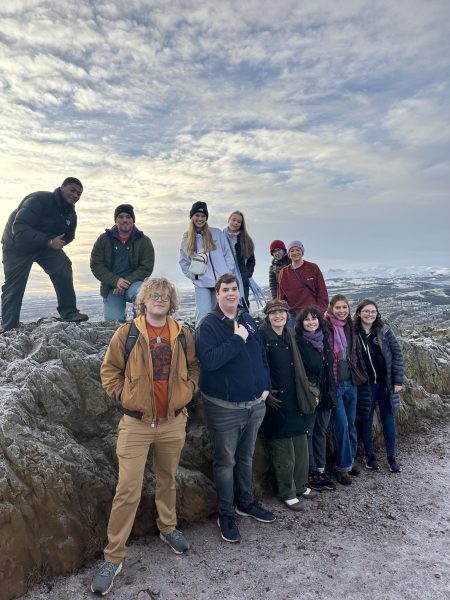
Contributed by Susie Duke.
In January, Grinnell alumni Kevin Rhodes `85 and Melinda Lopes `85 created the need-based Lopes-Rhodes Endowed Grinnell-in-London Scholarship to fund student participation in the program.
“We think about providing opportunities for current and future Grinnellians the same way that we had opportunities that were made available to us by the generous aid and support that we got at Grinnell,” Rhodes said.
Rhodes and Lopes said that the GIL program has had a meaningful impact on their family. Rhodes attended the program in fall 1984, and his and Lopes’ daughter, Emily Lopes Rhodes `19, is now engaged to a British citizen she met during her time in the program.
Kevin Rhodes, who grew up in Marshalltown, 30 miles away from Grinnell, said that going to London was a formative experience.
“I had never left the country, didn’t have a passport, had never been on a commercial flight, and so I remember just being overwhelmed,” he said. “It was such an amazing experience to go from my background to one of the … biggest, most vibrant cities on earth … all the different opportunities that unlocked was part of making me who I am today.”
Grinnell alum Andy Brooks `97, who now lives in London, said that he appreciated the opportunity to explore the local area during his time in the GIL program.
“We had so much time actually out in the field, going to medieval churches and cathedrals with an incredible professor,” Brooks said. “She would spirit us up into the clerestory of St. Paul’s and lecture us there.”
Grinnell’s Learning Management System Administrator, Gina Donovan `03, also attended the program.
“I took a Virginia Woolf class that was really influential when I was there,” Donovan said. “It was with Paula Smith, and it was just a great class. Being able to see the spaces that were talked about in the books was a really amazing way to experience that.”
Erik Simpson, professor of English taught with Jackie Brown, professor emeritus of biology, in London. “We went to the Lake District with all of our students and talked about literature and biology,” Simpson said. “It was one of the best teaching experiences of my life.”
Rhodes took a night course at the London School of Economics, where he learned about British politics from a British professor among local students. “Seeing what was going on from the perspective of local people, you really broaden your horizons,” he said.
In addition to enriching academic and cultural experiences, students and alumni said that they valued the lasting connections they made through GIL. Brooks said he appreciated that his relationships with students and professors during the GIL program continued when he got back to Grinnell. “The relationships weren’t just some six-month study abroad experience,” Brooks said. “It was part of a continuous trajectory.”
Clara Bode `26, who attended the program in spring 2024, said the opportunity for connection, in addition to cultural enrichment, influenced her to apply for the program. “I don’t speak any other language very well, and I wanted to get the exchange of cultural experiences,” Bode said. “I also really liked that there was a Grinnell community going with you, so you had a home base and felt safe compared to going somewhere by yourself.”
Bode not only connected with her fellow Grinnellians; she befriended members of a local ceroc dancing group, and is still in contact with them. Currently, Bode is the co-leader of both contra and swing dance on campus.
“One thing that was reinforced for me was the value of becoming part of a community, as opposed to simply observing a community,” Bode said. “I was invited out for drinks for some of the people that I was dancing with regularly, and I really felt like I was one of them, as opposed to the American coming in watching them. That was really valuable to make that shift into being a friend instead of an observer.”
Duke said that encouraging students to engage with locals and alumni is a goal she’s working on for the program. “I’m always trying to get students and faculty to really engage and meet local people, which is harder and harder all the time in this digital age,” Duke said. “Always facilitating and fostering real, tangible connections on the ground — that’s a huge goal.”
The program has also made practical improvements to its structure, including student housing. GIL students used to be responsible for making their own housing arrangements while staying in a youth hostel for three days after arriving.
“You show up, you’re jetlagged, you’re on the clock: three days,” Rhodes said. “It required a lot of work to find a place to live.”
“It is a challenge to go to a new place and live a different kind of life, and find a place to live and live with people and getting around on public transportation, those are all challenges to a person that are changing how you live day to day,” said Brooks. “That just toughens and makes a person more resilient.”
Despite the housing difficulties, Rhodes and Brooks said they felt changed by their London experiences. “It’s really part of the quintessential Grinnell liberal arts experience, broadening your horizons, learning to think for yourself, see things from different perspectives, and just … the opportunities to experiences, to arts and culture and literature and history in ways that I never would have gotten if I had not studied abroad,” Rhodes said.
